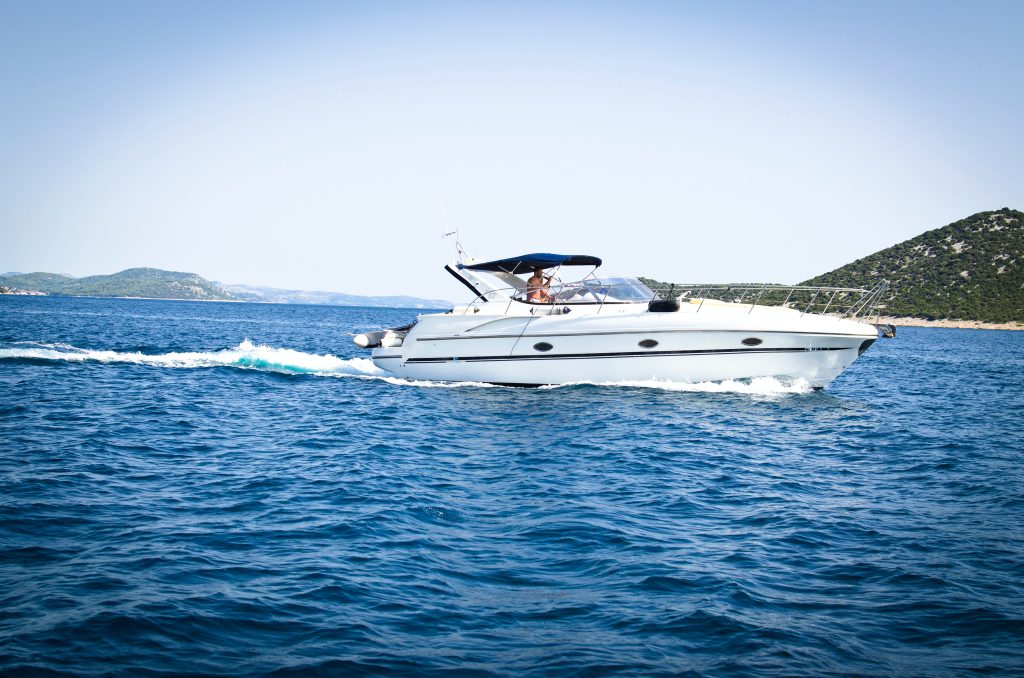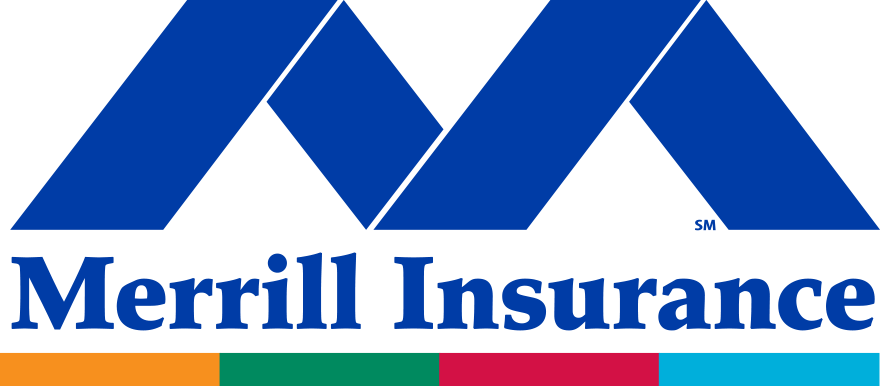
Boat Insurance Terminology can make your head spin, we’re here to simplify it for you.
Merrill Insurance has a goal to simplify insurance by explaining some important personal watercraft coverages that may stump you when you read through your policy.
Coverage for your vessel
Having the correct coverage for your vessel is incredibly important. Often times a policyholder does not realize the coverage they have – or do not have – until after an accident, when it is too late. According to the U.S. Coast Guard, Florida leads the pack in boating accidents for the United States.
Physical Damage Coverage
Physical damage coverage pays for the cost to repair or replace your watercraft, its motor, any permanently attached equipment. Some policies will even pay for your trailer if it is stolen or damaged, too! Policies are typically written as an agreed value coverage. Watercrafts depreciate just like cars. Actual cash value policies can make it difficult to replace a boat that has been stolen or destroyed. This means that if your boat is a total loss you will get the value you insured it for, minus any deductible.
Unattached Equipment Coverage
This pays to repair or replace equipment that isn’t permanently attached to your boat or personal watercraft, but is designed for use primarily on a boat. This includes items like lifesaving equipment, water skis, anchors, oars, fire extinguishers, tarps, etc.
Personal Effects
Your policy can provide coverage for many personal effects, including clothing, cell phones, scuba/snorkeling and other sporting equipment, and fishing equipment. Limits and exclusions vary by state and carrier, so this is a good place to check.
Emergency Assistance
The Emergency Assistance Package provides coverage for towing, labor and delivery of gas, oil or loaned battery if the watercraft is disabled while on the water.
Fuel Spill Liability and Wreckage Removal
Should your boat sink or be seriously damaged, there is a chance that it could leak oil or fuel into the water. As the boat’s owner, you are required by law to have this cleaned up, which can be time consuming and expensive.
Coverage for your injuries or medical expenses
Boats are replaceable – you, your family and your passengers are not. After an accident, your health and safety is the #1 priority.
Medical Payments
Medical Payments coverage can help with expenses come up – no matter who is at fault – for you and any passengers in the insured vessel at the time of the accident (even water skiers/tubers!). Think unexpected expenses, like doctors visits, hospital stays, surgery, x-rays, etc. Even if you have health insurance, medical payments coverage can help where your health insurance does not (up to the limit found on your declarations page).
Uninsured / Underinsured Watercraft Bodily Injury
Since boat insurance is not always mandatory, many boaters choose not to get insurance. If you are hit by an uninsured or underinsured boater and you are injured, this type of coverage pays for medical treatment, lost wages, and other costs associated with the accident. Be sure to check your policy or ask your agent about this coverage!
Coverage for others damages/injuries that you are responsible – or liable – for
If you are at fault for an accident, your liability coverage can help you avoid some steep out-of-pocket bills – for bodily injury and property damage to others involved. Every state has different liability requirements (or no requirements!), but you choose the limits. Its important to remember that the limit is the most your insurance company will pay out for the accident. If the bills exceed your policy limit, you may still be responsible for paying them. If the total expenses extend beyond your auto coverage liability limits, a personal umbrella policy could help provide the extra protection you need. It’s important to talk about your liability needs with your agent!
Liability
Like car insurance, personal liability coverage provides coverage to other boaters and boat owners in the event you are at-fault for an accident on the water. This coverage will pay to repair or replace the property of someone else as well as for their medical care, lost wages, and other costs incurred as a result of a boating accident for which you are at-fault.
